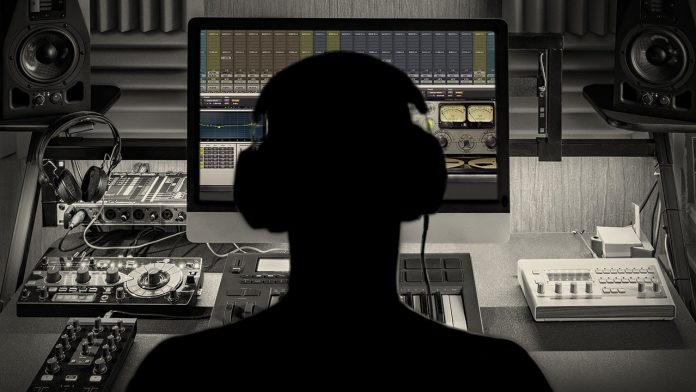World renowned DJs are perceived to have the complete package:
show presence, business sense, a unique brand, impeccable mixing skills, and the ability to compose their own music. Novice producers dream about performing in front of crowds the size of Ultra Music Festival or Sensation, but soon move onto other interests underestimating the harsh reality of the music business. Of course, times changed from the pioneering days DJing as it’s now crucial to create original music to prove your integrity. Typically, it seems as if the younger you are the better chances you have to hone in your producing skills, and build your name. Unfortunately, time is of the essence. The trend cycle in dance music is always changing, and producers are anxious to submit music to various record labels hoping for their “breakthrough hit.” To make your career, it’s about getting your foot in the door and who you network with is vital to getting your music heard.

As EDM is woven into American popular culture, the reality of what high paid DJs kept under the radar to achieve their success is now the topic of debate. The sensitive issue of Ghostwriting or “Ghost producing” isn’t foreign in the creative world. The role of a Ghostwriter is someone who legally agrees to be compensated to sell their original work or produce for someone else to get the credit. This secret exists in other forms of media industries from books to television and we’re finally realizing that superstar DJs are allowed to tour the world while music is produced for them. It’s inevitable the more famous you become, a team of marketing reps, sound engineers, etc. are formed to help sustain your career.
However, how much money is your musical authenticity worth? It’s a hard situation to be in; while every producer wants to be able to make a living off of music, for some that dream comes at the cost of inevitably creating music for other people’s musical careers. On the flip side, artists who contract with a ghost producer will always have to deal with the premise that they have to depend on a second party to make their music.






































